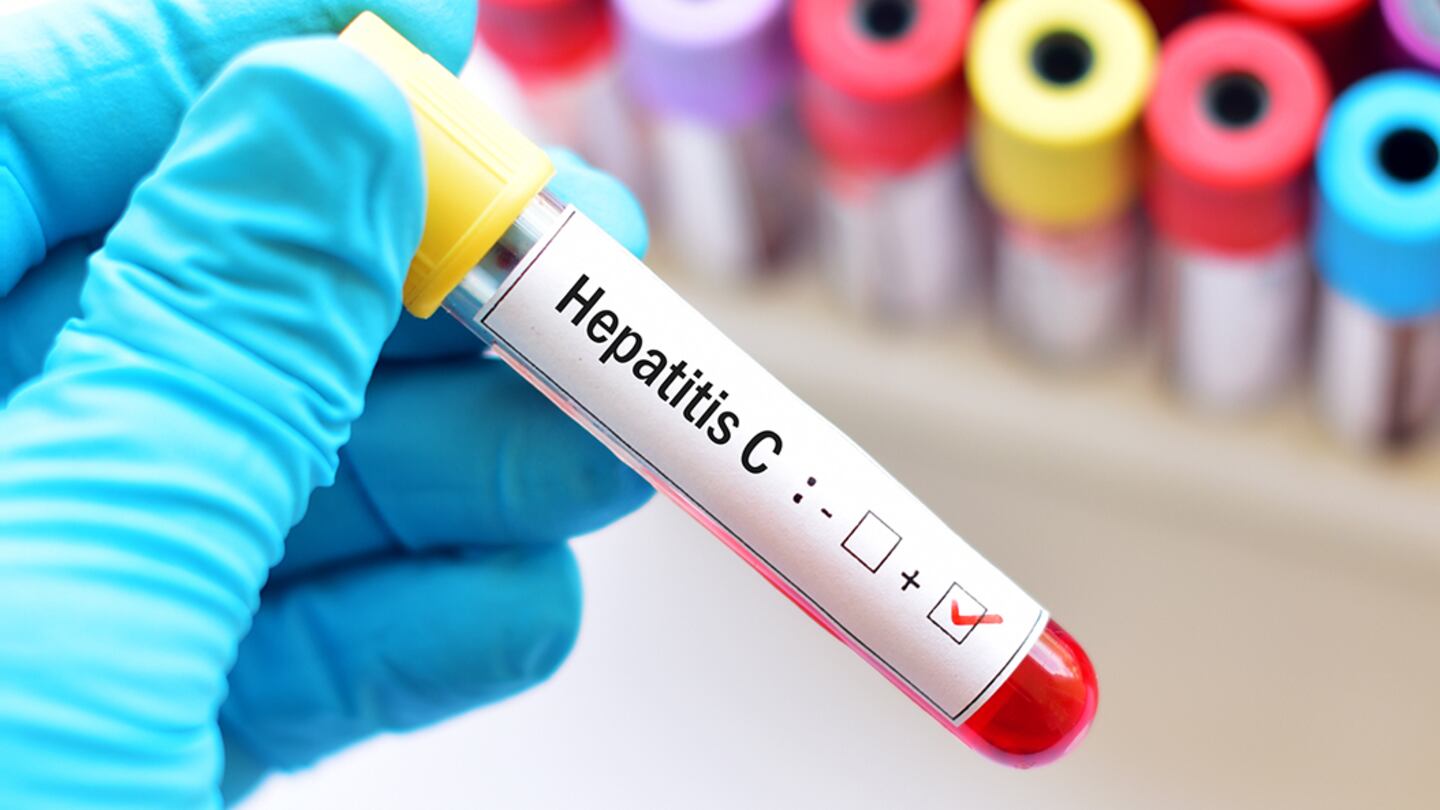It’s World Hepatitis Day tomorrow, and the call to action is simple: Get tested. A single fingerprick could save your life and protect your whānau, Auckland hepatologist Ed Gane says.
An estimated 30,000 people in Aotearoa have Hepatitis C. It remains a major public health issue. “Hepatitis C remains one of the leading causes of liver cancer, liver transplantation and also liver-related death,” Professor Ed Gane says.
Māori are twice as likely to suffer from the virus and its consequences. But the disease is curable, and could be eliminated.
“We’re aiming to achieve the World Health Organisation’s goals of eliminating Hepatitis C by 2030. We can do that because we now have a universal cure, which is funded in this country unrestricted,” Gane says.
‘Completely gone’
Rob Tuwhare got Hepatitis C when he was a teenager. “I got it from my mom who had it quite severely,” he says. He is now 68 and over the years, he was hesitant to seek medical advice.
“I have always had a suspicion of health authority, any authority really,” he says. “As Māori, it’s hard to walk into a health system where there aren’t a lot of Māori people working.”
Tuwhare also says he had seen friends who had taken earlier treatments that seemed to affect their health greatly. “So I was a little weary of that,” he says.
He says it was after Covid-19 hit, and he decided to protect himself against it after a lot of thought, and his thinking on the Hepatitis C treatment changed. That, and a bit of convincing from his wife.
“She said you want to be around your mokopuna. And I do want to be around my mokopuna.”
The treatment was a lot easier than he had imagined it to be. “Just taking three pills a day for two months, and now the Hep C virus is gone,” he says.
“More than 12,000 people have been cured in this country,” says Gane. But for elimination to happen, more tests are needed, he says.
‘It’s simple’
“We draw the tiniest amount of blood and it takes less than five minutes to get a reading,” says Nicole Andrews, a registered nurse at Te Manu Aute Whare Oranga at Manurewa Marae. “It’s pretty accurate.”
The marae has an event tomorrow to mark Hepatitis Day, and there are “free coffee and lots of incentives,” Andrews says. “Come over to the marae,” she says.
Testing for Hepatitis C is free and can be done anywhere in the community, Gane says.
His team is also working with Medsafe to train nurses and pharmacists to administer the treatment for Hepatitis C. “So in the future you won’t have to go to the doctor to treat Hepatitis C,” he says. “You can go to your pharmacy or have your community nurse treat you.”


